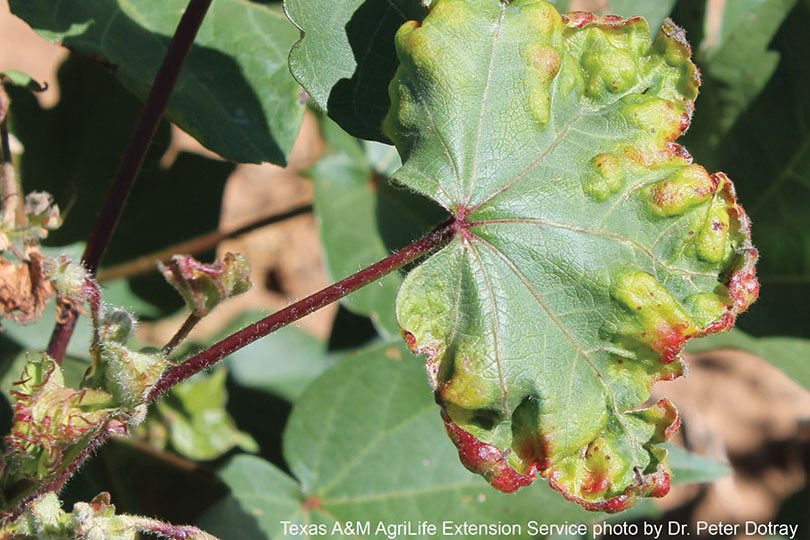By Jessica Domel
Multimedia Reporter
Following complaints of drift and crop damage by growers over the past year, the Arkansas Plant Board took action last week to effectively ban the use of products containing dicamba in the 2018 crop year.
On Sept. 21, the board approved regulatory changes for application of dicamba that prohibits its use April 16 through Oct. 31, 2018 when farmers are most likely to use it to control emergent weeds.
According to the board, there have been 969 complaints of alleged dicamba misuse in 26 counties as of Sept. 21. The misuse reportedly caused cupping and other damage in non-dicamba-resistant crops in areas where dicamba products were sprayed.
The plant board’s approved rule change allows exemptions for pastures, rangeland, turf, ornamental and direct injection for forestry and home use.
The public has 30 days from Sept. 21 to weigh in on the plant board’s proposal. A public hearing will be held Nov. 8 on the issue.
If the proposal continues to move forward, it will head to the Executive Subcommittee of the Arkansas Legislative Council for final rule approval.
During the meeting, the plant board also approved regulation that establishes notice procedures for requesting additional research and restricting products beyond the Environmental Protection Agency’s approval.
The proposed rule will go through the same approval processes as the proposal to change dicamba regulation.
The plant board took additional action to further restrict dicamba product use. The board held a public hearing to increase the maximum civil penalty from $1,000 to $25,000 for “egregious violations” for applications of dicamba, an Auxin containing herbicide or any herbicide technology released after Aug. 1.
That rule will be sent to the executive subcommittee of the Arkansas Legislative Council for final approval.
Monsanto filed a petition with the plant board regarding its restrictions on dicamba use. The plant board, according to the Arkansas Department of Agriculture, denied the petition unanimously.
Monsanto, according to Reuters, called the plant board’s recommendation an “unwarranted and misinformed ban on dicamba.” The company reportedly called into question the objectivity of the scientists and researchers who looked into dicamba damage claims.
“Farmers are the heart and soul of Monsanto, and we will continue to do our part to gather the facts, understand the issues and help our customers use this important crop protection tool successfully,” Monsanto’s website on dicamba reads.
The feedback the company is hearing on its products containing dicamba is overwhelmingly positive, according to the page.
Monsanto is also offering training and educational opportunities to help growers use the new technology successfully.
“While most of our customers are having great success with our new dicamba product, we have seen some instances where soybean fields are showing lead cupping symptoms, which could be attributable to off-target movement of dicamba or other factors,” Monsanto said.
The symptomology, according to Monsanto, is reported on less than one percent of soybean fields across the country.
The company reports that, based on reviews, the main causes of off-target movement are things like inadequate buffers, unapproved nozzles and incorrect boom height.
After action by Arkansas, Tennessee and other states to restrict the use of dicamba earlier this year, the Environmental Protection Agency began to look into the issue.
In late September, the agency announced it would allow dicamba use, but with additional restrictions, which have not yet been determined.
Dicamba is a broad-spectrum herbicide. It’s used in weed killers by Monsanto, BASF, DowDuPont and other manufacturers.
Farmers and at-home users are encouraged to read and follow label directions when applying any herbicide or pesticide.

